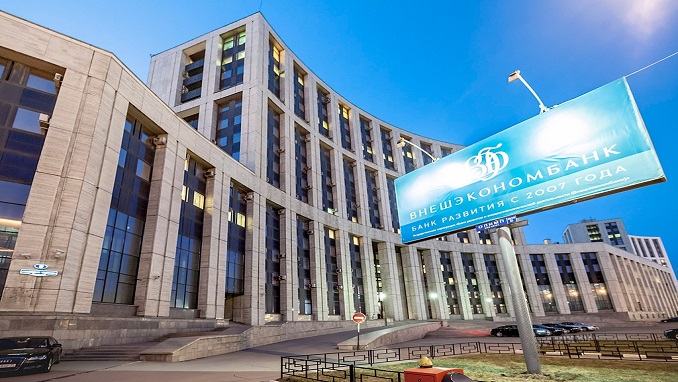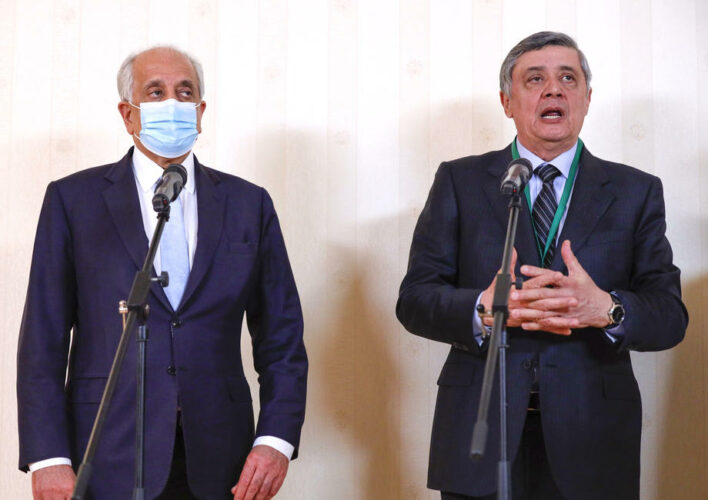In response to the terrible earthquake that struck the southeast area in June, humanitarian partners provided at least one type of aid to more than 515,000 people overall, ReliefWeb informs citing a report from the OCHA.
This includes providing assistance to 203,000 people in need of health services, 125,000 in need of food and agricultural support, 99,000 in need of emergency shelter and non-food items (NFIs), 98,000 in need of multipurpose cash assistance (MPCA), 75,000 in need of protection, and 7,000 in need of nutrition and education. As part of the efforts to stop the spread of acute watery diarrhea, an additional 410,000 people have received widespread WASH support, including soap and chlorine tabs (AWD).
Over 29,000 families and over 200,000 individuals were assessed by the Joint Assessment Teams (JATs) in nine earthquake-affected districts across three provinces. In the districts of Shamal (1,141), Spera (40,796), and Tani (3,360) in Khost province; Barmal (14,854), Giyan (36,232), Neka (77), Urgun (7), and Ziruk (4,060) in Paktika province; and Waza Zadran (14) in Paktya province, over 100,000 people were identified as needing emergency humanitarian assistance.
Early recovery programs got under way last month, and sectoral and technical evaluations are in progress. Accelerated work is being done on shelter reconstruction because winter is quickly approaching. It is anticipated that the continuous technical assistance provided by Miyamoto International to the ES/NFI cluster members on vernacular architecture, with a particular focus on shelter repairs, will speed up work even further.
One of the biggest difficulties is finding trained and unskilled labor locally, so shelter partners are forced to hire laborers from outside, which is expensive and time-consuming.
Activities for building new shelters were put on hold in the Giyan district of Paktika province after the de facto authorities there decided to stop doing so.
Since the beginning of October 2022, the Operational Coordination Team (OCT) meetings for the earthquake area hub coordination have resumed following the completion of the emergency response phase. The important decentralized clusters, such as ES/NFI, Health, WASH, Education, and Protection, will still hold monthly meetings.



